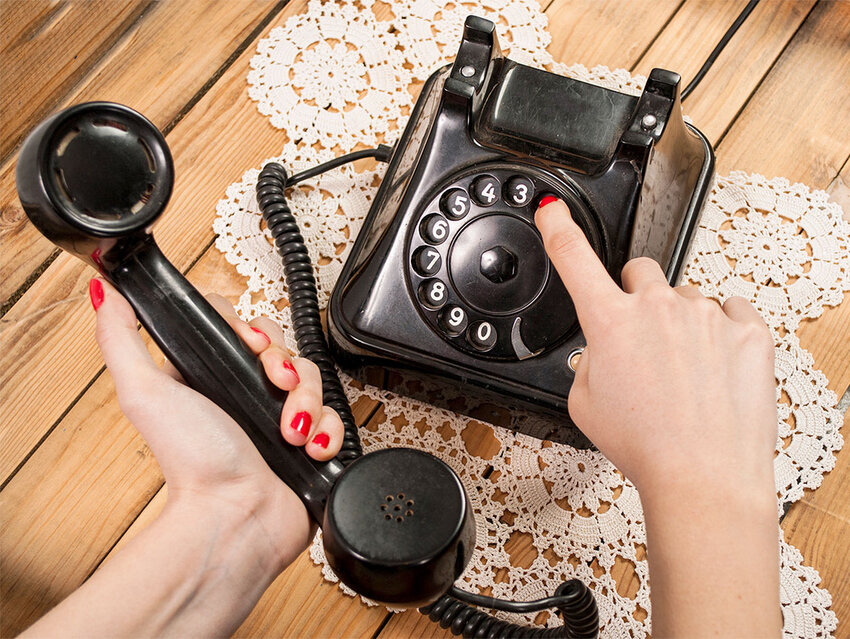You've likely heard the idiom "cut the cord" as it relates to interpersonal issues, usually meaning either to end a connection with someone, or to do something that makes an individual independent. Someone might encourage a friend to cut the cord from an overbearing relationship, for example. However, since the onset of cordless technology, the phrase has taken on new meaning, referring mostly to traditional cable TV subscribers "cutting the cord" as they migrate to newer streaming entertainment options. Let's take a closer look at the origins of this connected turn of phrase.
From Navel String to Batteries
The word "cord," meaning "a string or small rope composed of several strands twisted or woven together," first appeared in English around 1300, coming from the Old French corde, meaning "rope, string, twist." This comes from the Latin chorda, meaning "string of musical instrument, cat-gut," from the Greek khorde, or "string, catgut."
From around 1400, "cord" was related to physiology, meaning "tendon or muscle," and beginning in the late 14th century, it took on a figurative meaning as "anything which binds or restrains." The umbilical cord, or the tubelike structure that connects a developing fetus to the mother's placenta, didn't appear as a term until 1753. Before this, it was called the "navel string."
"Cordless," meaning "working without a cord, battery-powered," appeared much later, in 1905. Batteries themselves were invented in 1800, but it wasn't until the introduction of the lead-acid battery in 1859 that they became commonplace in homes, which explains the 100-year gap between the invention of the technology and the introduction of the adjective "cordless" to the English lexicon. Without common usage, there's no need for a word to describe it.
From the Figurative to the Technological
The idiom "cut the cord" means "to end a connection with someone," or to do something that makes one more independent. You might cut the cord when you break up with your significant other, or a parent may decide to cut the cord by ceasing to pay an adult child's expenses. It's from "umbilical cord" that this idiom takes shape: The umbilical cord is cut immediately after birth, which ends a newborn baby's reliance on the mother's womb for nutrition and oxygen.
This expression came into usage around 1950, according to the Oxford English Dictionary, when J. Gunther wrote in his book about President Roosevelt, "Step by step, little by little, FDR became free [of his mother's influence]. In a sense, it was the paralysis that cut the cord." By 1977, we saw it used in a more figurative sense, outside of a mother-child relationship; an article in the Washington Post reads, "I left the Navy, 'cut the cord,' and started over when I came here."
The expression took on a more technological connotation in the late 2000s and early 2010s, likely corresponding to a literal shift in the physical components of electronics. In this context, "cut the cord" referred to the migration of TV viewers from cable television services to streaming platforms. Internet service providers (ISPs) began to advertise that users should "cut the cord" and save money by watching entertainment through apps and websites with the ISP they already pay for, rather than having a redundant cable subscription. This mass migration became all the more pronounced as we approached the 2020s, with one 2018 article, titled "Traditional TV Is Collapsing Faster Than Ever," noting that Q3 2018 was the worst ever, "as 1.1 million homes cut the cord."
The 2020s are seeing a return to the trends of the 1990s with fashion, movies, slang, and music, but is the nostalgia of wanting to listen to '90s hip-hop enough to ditch Spotify? Garage sales and thrift stores have plenty of CDs and Discmans available for those teens who want to try reverse cord cutting.
Featured image credit: Emilija Randjelovic/ iStock

